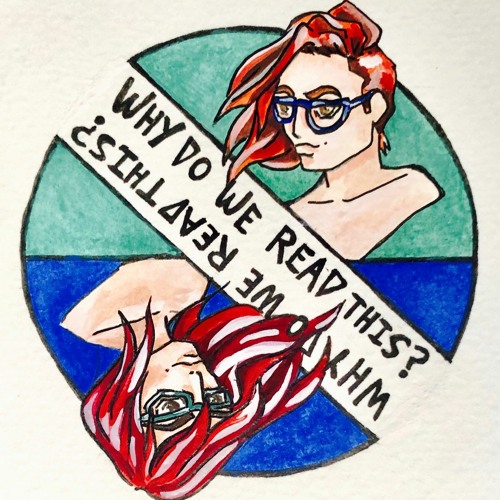Pinocchio, The Simpsons and Cirque Du Freak
30 July 2020There was a fascinating episode of the Why do we read this? podcast a couple of months ago, where the co-hosts look at the similarities between the original Pinocchio story and The Simpsons and... Cirque Du Freak! One of the hosts has read the CDF books, and is describing them to the other host, who is unfamiliar with the novels, which makes for an interesting format. They start talking about Cirque Du Freak around the 40 minutes mark, although you might want to listen to the entire thing from the start to tie it all together...
https://soundcloud.com/user-166913300-165721049/ep018
At one point they question whether I carried the story on past the first trilogy in the series only because sales were positive. i.e. did I sign a contract for the first three books with my publishers, wait to see how they went, and then sign another contract to write more. It's a perfectly legitimate question, because there are lots of writers who do work that way, but it's not MY way.
I always write want I want to write, then worry about the publishing side of things further down the line. With Cirque Du Freak, I'd written the first draft of Book 2 even before we sold the first book -- in fact, I wrote it even when it looked like Cirque Du Freak WASN'T going to be published, as no publishers were interested in it. And I was working on the first draft of Book 9 (Killers of the Dawn) when Book 1 was released in January 2000. So, if the books hadn't sold well (and while they ticked along nicely in the UK over the first couple of years, they certainly weren't instant bestsellers by any stretch of the imagination) and my publishers had decided to bow out early, I'd have "wasted" three years of my life, working on books that would never see the light of day. But, y'know, I wouldn't have looked on it as a waste, because I loved the story that I was creating, and I was determined to tell it all the way to its conclusion.
As my self-published newest Archibald Lox series proves, I'm all about the story, not the sales. It's lovely when books of mine get publishers excited and get released by traditional publishing houses and reach a much wider audience and sell like hot cakes. But if publishers don't see what I see in a story, I push on regardless. For me, the story is king, and I'm just a loyal servant.

Comments